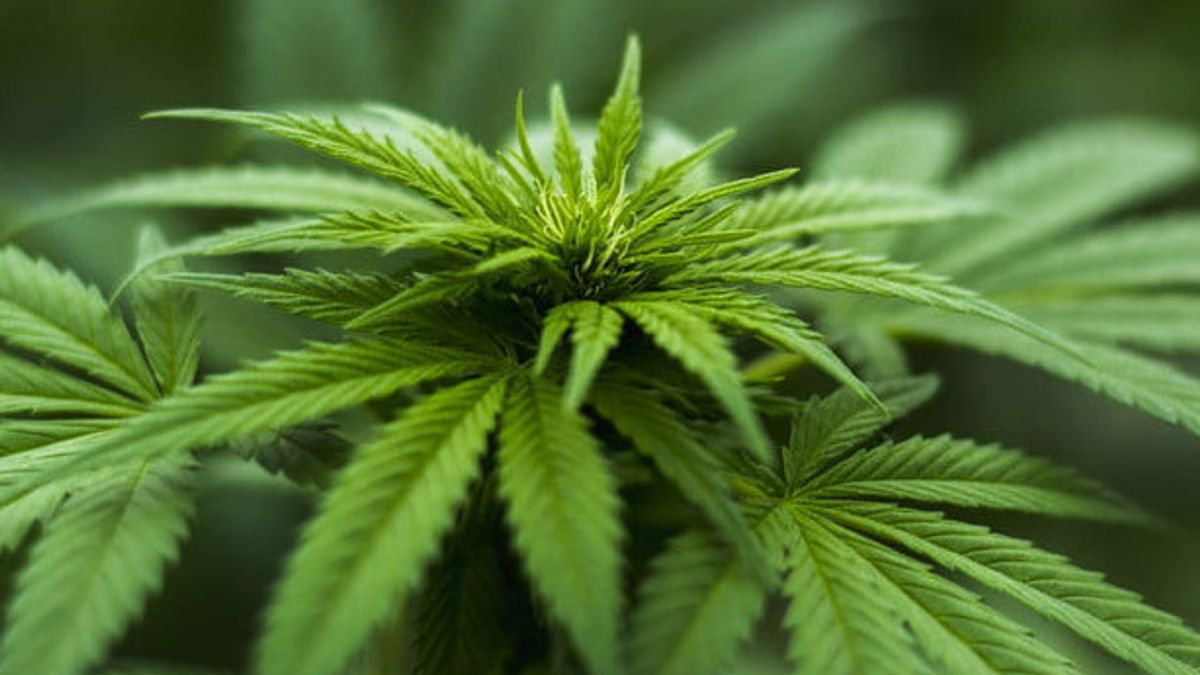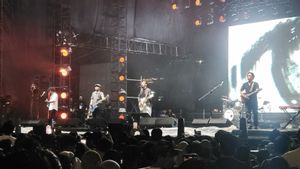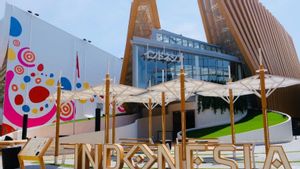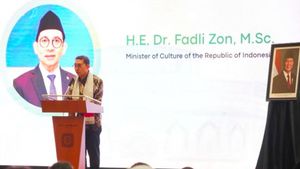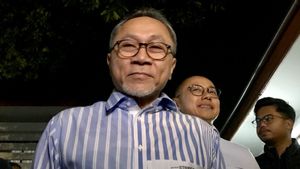JAKARTA - It is still fresh in our minds how the CEO of Tesla and SpaceX, Elon Musk smoked marijuana while appearing at an event broadcast via YouTube last year. The incident was unfortunate for many, considering SpaceX is a military contractor for the United States (US). A year later, SpaceX returns to dealing with marijuana, but in a positive sense because it is used for research.
An agritechnology company, Front Range Biosciences, plans to deliver marijuana to the International Space Station (ISS) on a SpaceX plane. The study, which will be conducted in March 2020, is to find out how marijuana responds in low gravity. What will be sent into space is not marijuana in its entirety, but a tissue culture of flaxseed which has a low THC substance.
These tissue cultures will be delivered on a SpaceX CRS-20 flight. For the process, Front Range Biosciences is partnering with technology startup Space Cells and BioServe, a research institute at the University of Colorado, Boulder.
CEO of Front Range Bioscience Dr. Jonathan Vaught said, there is a theory that plants in space have mutations. This research was conducted to prove the theory.
"This is the first time someone has examined the effects of microgravity on cell cultures of cannabis and coffee. This is an opportunity to see if these mutations persist after being brought back to Earth and if there is a new commercial application," said Vaught, as quoted by Science. Alert, Tuesday, December 17th.
Tissue cultures will be in space for 30 days. Researchers from the University of Colorado will research it remotely from Earth. After 30 days, this tissue culture will be brought back to Earth.
The researchers will find out if the plant actually mutates? Will these mutations stop when they return to Earth?
Previously, on December 4, 2019, SpaceX launched a spaceship containing a number of mice to the ISS. The mice, from the Jackson Laboratory in Maine, USA, have genes that have been manipulated to promote muscle growth. The mice will help researchers solve problems related to human bone problems in outer space.
The English, Chinese, Japanese, Arabic, and French versions are automatically generated by the AI. So there may still be inaccuracies in translating, please always see Indonesian as our main language. (system supported by DigitalSiber.id)
